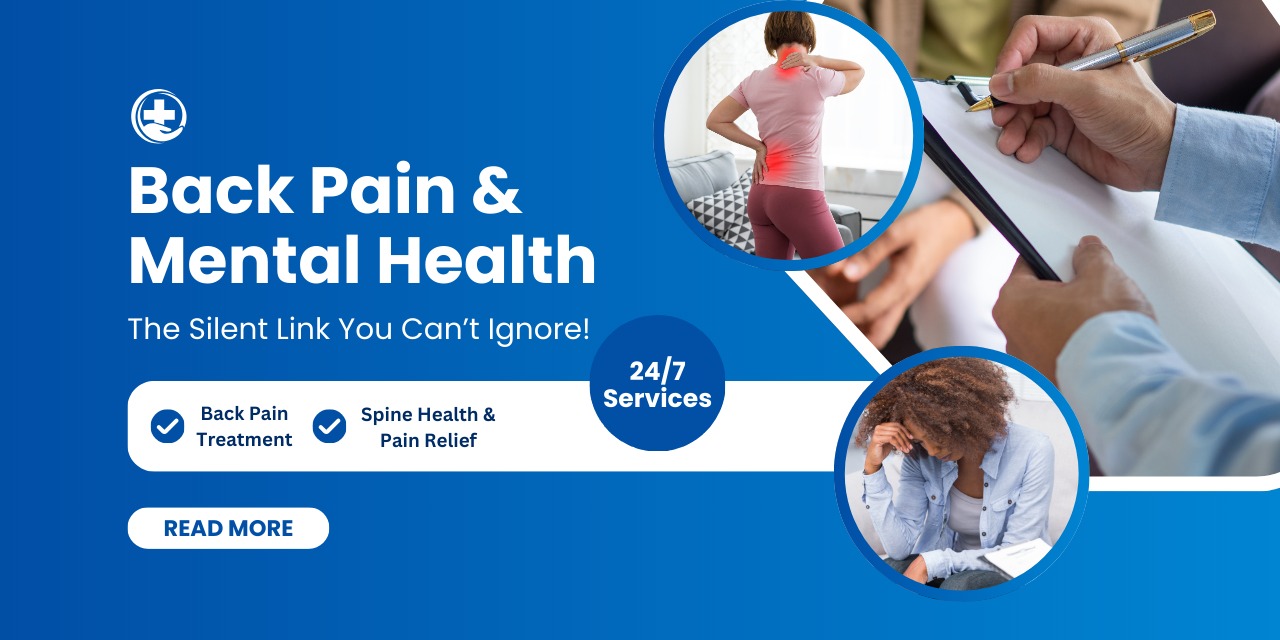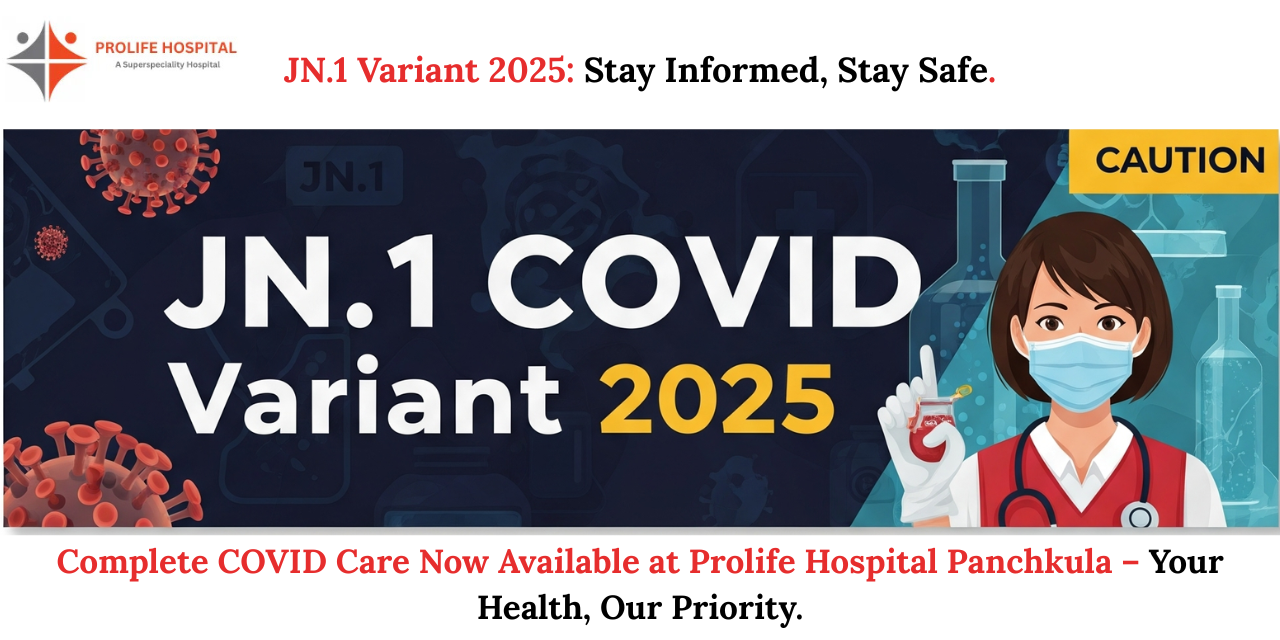Back pain is a common health problem that affects millions of people worldwide. Many people focus only on the physical causes of back pain, such as poor posture, heavy lifting, or injuries. However, what most people don’t realize is that mental health plays a significant role in back pain. Stress, anxiety, and depression can worsen or even trigger back pain, making it a serious issue that should not be ignored.
How Mental Health Affects Back Pain
Mental health and back pain are closely linked. When a person is stressed or anxious, their body produces more cortisol, a hormone that increases muscle tension and inflammation. This tension often leads to stiffness and pain, particularly in the lower back.
- Stress and Back Pain: When you are stressed, your muscles tighten, leading to stiffness and discomfort in the back. Long-term stress can cause chronic pain, making daily activities difficult.
- Depression and Back Pain: People with depression often experience unexplained body pain, including persistent back pain. Depression lowers pain tolerance and increases sensitivity to discomfort.
- Anxiety and Back Pain: Anxiety can lead to muscle tension, poor posture, and even shallow breathing, all of which contribute to back pain.
Signs That Your Back Pain is Linked to Mental Health
If you experience any of the following, your back pain may be connected to your mental health:
- Persistent pain without any clear physical cause
- Increased pain during stressful situations
- Difficulty sleeping due to back pain
- Feeling tired, weak, or unmotivated
- Lack of relief even after trying common pain treatments
Natural Ways to Manage Back Pain and Improve Mental Health
The good news is that managing stress, anxiety, and depression can help reduce back pain. Here are some effective ways to improve both your mental health and back pain:
- Exercise Regularly – Gentle exercises like yoga, stretching, and walking improve blood circulation and reduce muscle tension.
- Practice Relaxation Techniques – Deep breathing, meditation, and progressive muscle relaxation help reduce stress and back pain.
- Maintain Good Posture – Sitting straight and avoiding prolonged sitting can prevent unnecessary strain on your back.
- Improve Sleep Quality – A good night’s sleep helps your body heal and reduces stress levels.
- Stay Hydrated and Eat a Healthy Diet – Eating anti-inflammatory foods like fruits, vegetables, and nuts can help reduce pain naturally.
- Seek Professional Help – If your back pain persists, it’s essential to consult a specialist.
When to See a Doctor
If you are experiencing chronic back pain that doesn’t go away with home remedies, it’s time to consult an expert. Ignoring persistent pain can lead to serious complications in the future.
Conclusion
Back pain is not just a physical problem; your mental health plays a crucial role in it. Managing stress, anxiety, and depression can significantly improve back pain. If you have been experiencing continuous discomfort, seeking expert advice is essential. Prolife Hospital Panchkula, under the expert care of Dr. Anupam Gupta, provides advanced and effective treatments for back pain. Call +919464277728 now and get the right treatment before it worsens!













